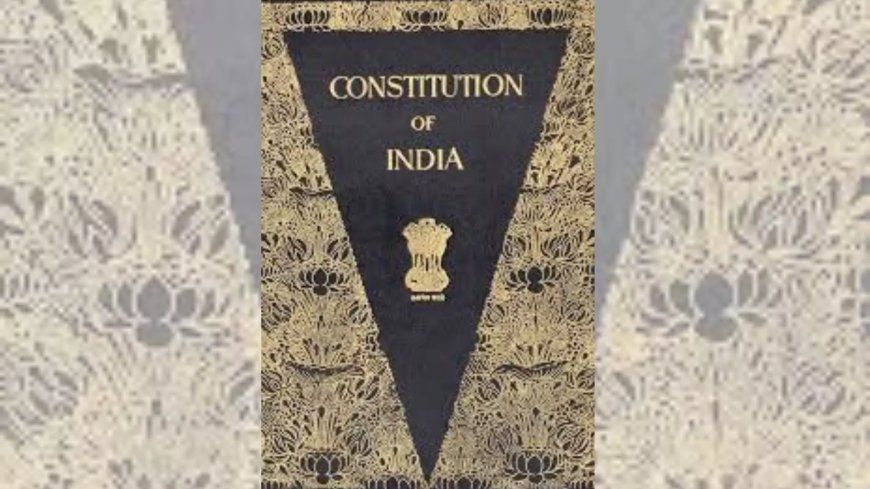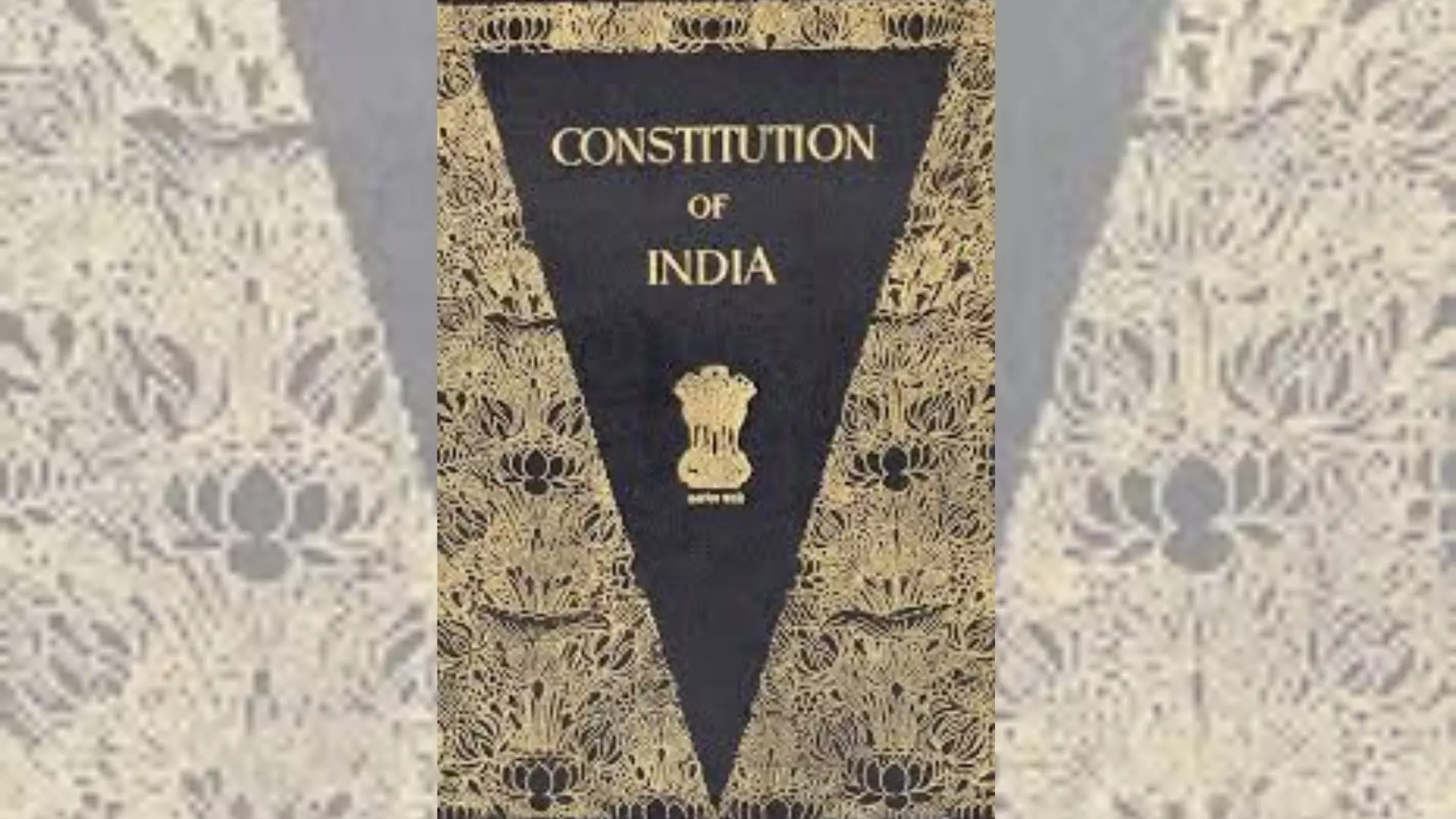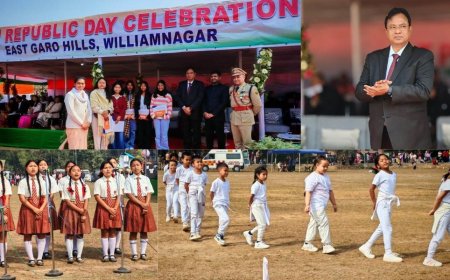DC Edit | Constitution debate led to only partisan diatribe
So polarised is the India polity now that the clear divide between those who rule and those who oppose them has been highlighted in what was thought to be the celebration of the sacred text as the definer of an independent India, as visualised by the founding fathers.


Polarisation is one of the words of the year, its choice triggered by the partisan political divisions in the United States, the world’s oldest democracy. The word could well define the current state of India, the world’s most populous democracy, as partisan politics has India the country in its thrall in an election year, much like in America. The irony is that the Constitution of India, in its diamond jubilee year, has become a bone of contention even as politicians of all hues swear by its omnipotence.
So polarised is the India polity now that the clear divide between those who rule and those who oppose them has been highlighted in what was thought to be the celebration of the sacred text as the definer of an independent India, as visualised by the founding fathers. Their eminence is not under dispute except that the narratives around the historical figures have been built into such confrontational politics as to lead to vituperative din of diametrically opposed views.
There is enormous space in a secular, pluralist nation and society for divergence of views on anything and anyone, be it the father of the nation Mahatma Gandhi, who himself has been the subject of many subjective opinions, or the framers of the Constitution who sat in the Constituent Assembly to give life concepts so they could shape a modern democracy in a union of states.
It was jarring then that even the principal architect of the Constitution, B.R. Ambedkar, should be dragged into an ugly war of words over differing narratives as one side or the other aired their interpretations of historical events like amendments to the “living document”. Under attack on one side were the personalities of a particular family and on the other the principal leaders of the current dispensation who engendered the swing to the right in Indian politics.
The language of the debate was, however, closer to partisan politics as played out in the hustings than any conclusions drawn from any study of the history of the Constitution. As it happened, it was written in an era far removed from the loud modern theatre that Indian politics has evolved into. So any scope for meaningful exchange on its contents was ruled out by ideological divisions sticking out like a sore thumb to the extent that all talk was shaped by views derived through a political prism.
So polarised is the India polity now that the clear divide between those who rule and those who oppose them has been highlighted in what was thought to be the celebration of the sacred text as the definer of an independent India, as visualised by the founding fathers. Their eminence is not under dispute except that the narratives around the historical figures have been built into such confrontational politics as to lead to vituperative din of diametrically opposed views.
There is enormous space in a secular, pluralist nation and society for divergence of views on anything and anyone, be it the father of the nation Mahatma Gandhi, who himself has been the subject of many subjective opinions, or the framers of the Constitution who sat in the Constituent Assembly to give life concepts so they could shape a modern democracy in a union of states.
It was jarring then that even the principal architect of the Constitution, B.R. Ambedkar, should be dragged into an ugly war of words over differing narratives as one side or the other aired their interpretations of historical events like amendments to the “living document”. Under attack on one side were the personalities of a particular family and on the other the principal leaders of the current dispensation who engendered the swing to the right in Indian politics.
The language of the debate was, however, closer to partisan politics as played out in the hustings than any conclusions drawn from any study of the history of the Constitution. As it happened, it was written in an era far removed from the loud modern theatre that Indian politics has evolved into. So any scope for meaningful exchange on its contents was ruled out by ideological divisions sticking out like a sore thumb to the extent that all talk was shaped by views derived through a political prism.
At the end of it all, the people of India may have been left confused over who were the winners or losers in this debate over the history of nearly 100 amendments made, many of which may have been compelled by circumstances and the personalities who ruled over these changes, including the one in its darkest hour which the Emergency represented and which yet led to the introduction of the words “secular” and “socialist” to the preamble.
None emerged as a dispassionate speaker who could dissect and describe the events that marked the platinum jubilee of the Constitution which was adopted on November 26, 1949. It appeared the debate brought out at least one fact and that is the politics of India is in some kind of time warp, with its leaders ready to pounce on each other over interpretations of history and the Constitution.






































